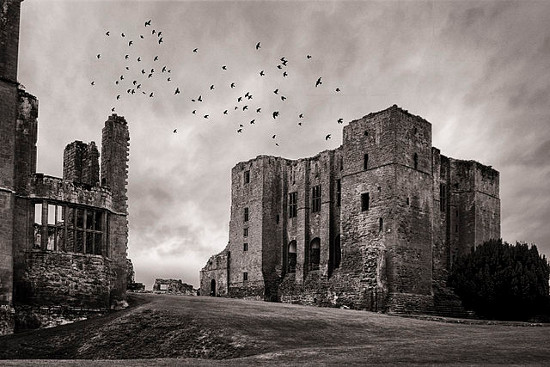
In an 1810 satire, C.L. Pitt noted that “a novel may be made out of a romance, or a romance out of a novel with the greatest ease, by scratching out a few terms, and inserting others.” The steps below will, “like machinery in factories,” convert a Gothic romance into a sentimental novel:
Where you find: Put: A castle An house A cavern A bower A groan A sigh A giant A father A bloodstained dagger A fan Howling blasts Zephyrs A knight A gentleman without whiskers A lady who is the heroine Need not be changed, being versatile Assassins Telling glances A monk An old steward Skeletons, skulls, etc. Compliments, sentiments etc. A gliding ghost A usurer, or an attorney A witch An old housekeeper A wound A kiss A midnight murder A marriage
“The same table of course answers for transmuting a novel into a romance.”
(From a footnote in Pitt’s The Age: A Poem, Moral, Political, and Metaphysical, With Illustrative Annotations, 1810.)
